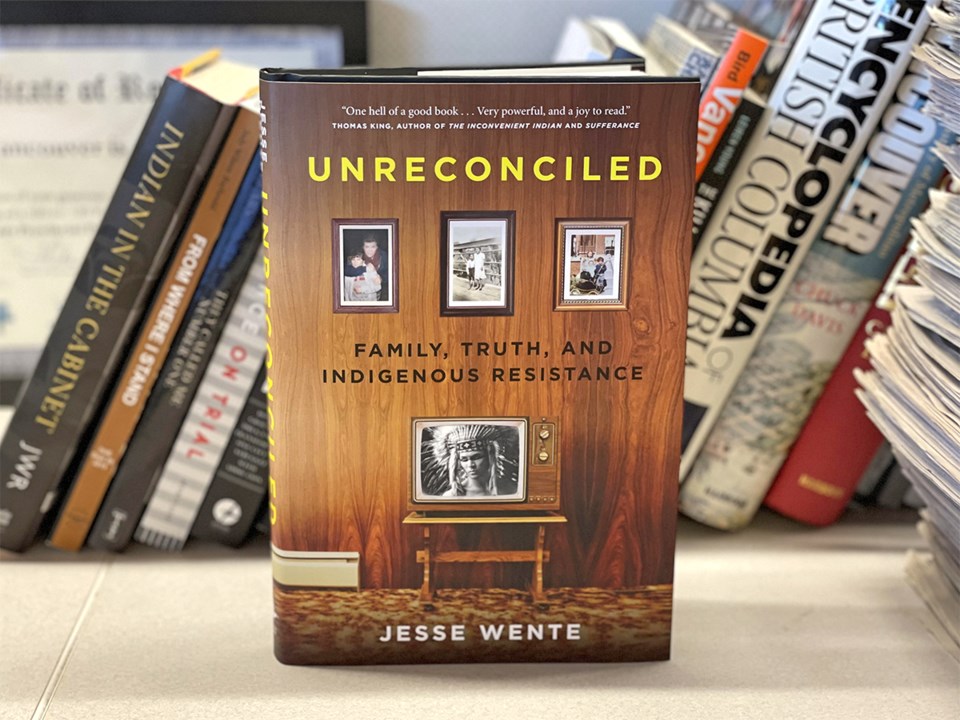You know who should review Indigenous rights advocate Jesse Wente's book , about "the flawed concept of reconciliation"? A middle-aged white dude.
Said no one ever.
Except, perhaps, Mr Wente himself. His book offers a hopeful (and helpful) look at how we might re-frame the conversation around reconciliation in this country and work toward a better relationship between Indigenous communities and settlers.
As a white publisher who has made mistakes along the way, and who has been taking time to learn about the injustices brought upon Indigenous peoples, Thomas King's now-classic was a perfect introduction a few years ago. It was followed up for me by by Bev Sellars, which gives a look directly into our country's Indian Residential School system. Most recently I took in former Attorney General of Canada Jody Wilson Raybould's , about how she rose to power despite colonialism, and how the greasy behind-the-scenes workings of the Liberal government (and the system itself) forced her out.
Wente's book begins to answer the question that previous titles haven't really scratched the surface on - "Okay, now what?"
To get us there, the author takes us on an incredibly personal journey through his life and his career as a broadcaster and arts leader. He details the hows and whys of his deciding to finally weaponize the thing that was afforded to him by his lived experiences, and those of his ancestors - uncommon privilege.
That privilege partly came to him as a product of the very system that was meant to keep him down, and he explains how he's now using it to help Indigenous people reclaim their rightful place.
In one chapter, he relays a story about how, when he was in high school, he got into a scuffle with a kid in his class who had directed racism toward him.
He notes that he would have handled it differently now, writing that "Sure, he was asking for a punch, but what he needed was to be educated."
Now in his 40s, his book delivers a combination of figurative (and necessary) gut punches that shine a light on some harsh truths to be faced, as well as the importance of a "new, respectful relationship between the nation of Canada and Indigenous peoples."
It's not until page 146 that the author speaks directly to readers like me. He points through the page by starting a paragraph, "White people, you can depoliticize and retreat to a place where the rest of us can't..." and goes on to outline to us how and why we need to put an emphasis on the "truth" in "Truth and Reconciliation," and work at building new relationships. He illustrates why the notion of reconciliation is a bit of a farce, as you can't reconcile when there's never been an honest relationship in the first place.
I encourage anyone who wore an orange t-shirt this year, and those interested in learning about how we can make a better Canada together, to read this title. It's a must-read on any shelf.



